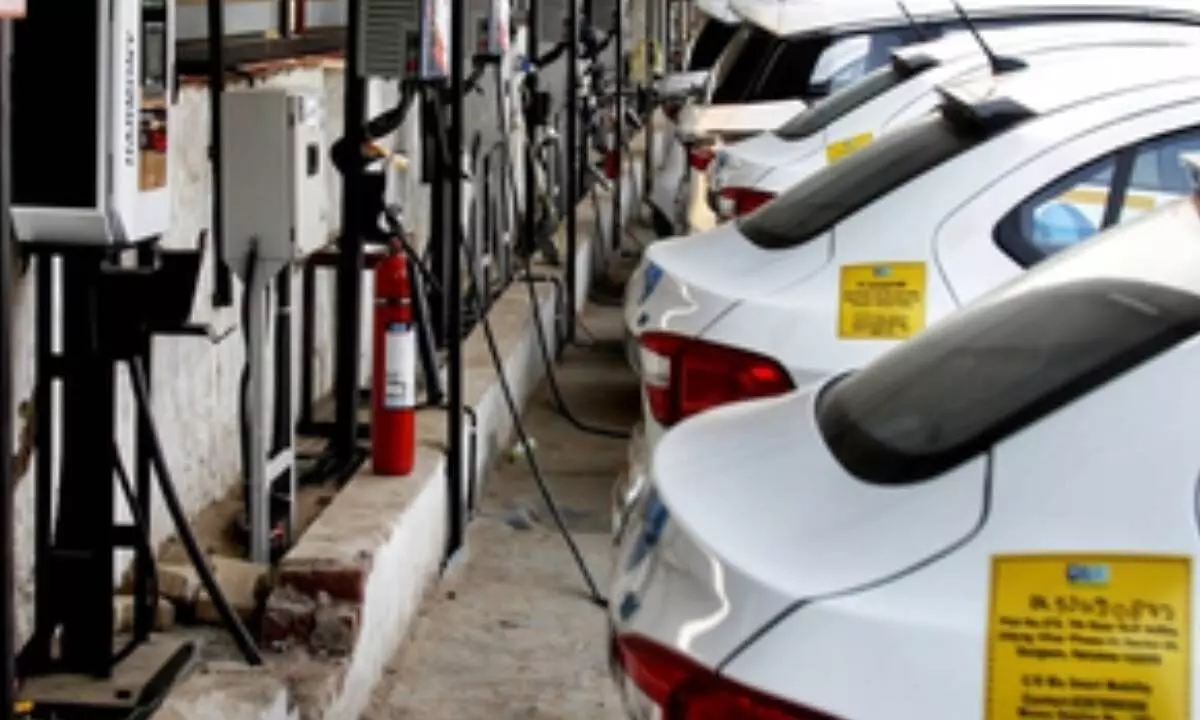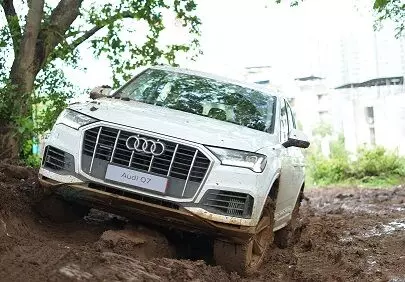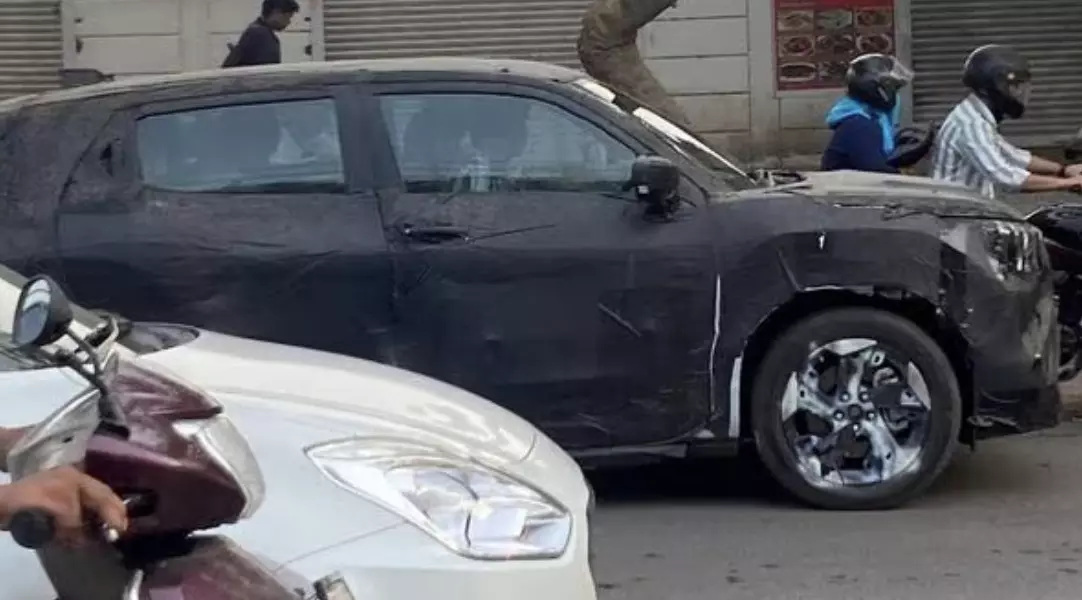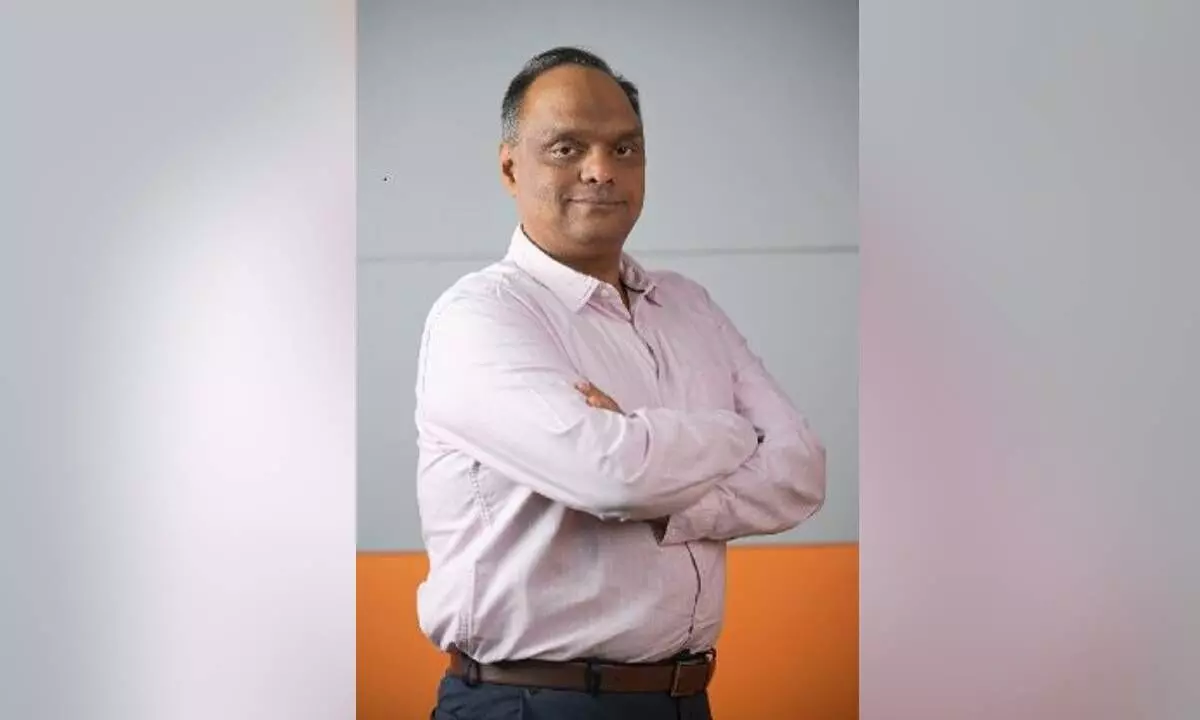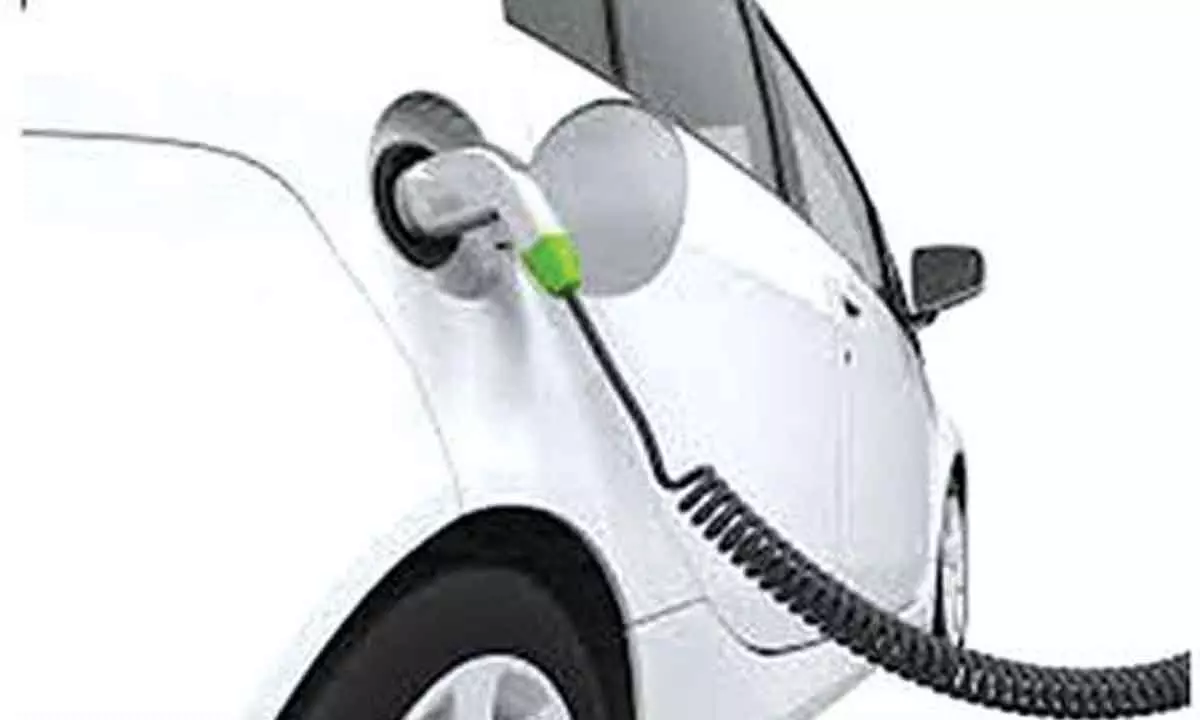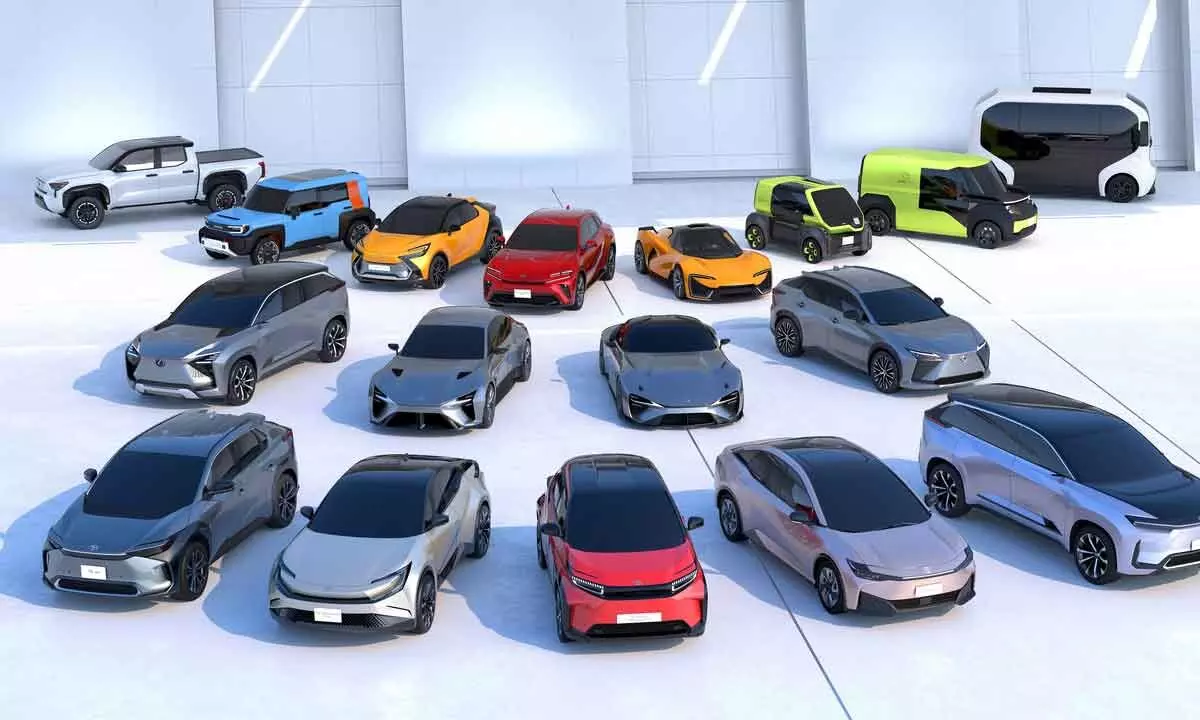ElectroRide, an electric vehicles retail chain in India, has announced a partnership with Battery Smart, India’s battery swapping network for electric two and three-wheelers. This collaboration will begin with Battery Smart establishing 50 swap stations at ElectroRide locations in Delhi and Uttar Pradesh.
The partnership aims to enhance electric mobility adoption by creating additional EV swapping infrastructure. It aligns with Battery Smart’s goal of offering EV users access to swap stations within a 1 km radius with minimal wait time. Over the next five years, ElectroRide plans to equip its 2,500 locations with battery swapping stations.
Rahul Goenka, Director of ElectroRide, expressed enthusiasm about this endeavor, stating, “Our collaboration with Battery Smart, a key player in the Indian two and three-wheeler EV market, underscores our commitment to revolutionizing the electric mobility landscape. The deployment of 2,500 battery swapping stations is a testament to our vision for a sustainable and accessible electric vehicle infrastructure in India. This initiative aligns with the government’s push towards greener transportation solutions and is poised to make electric vehicles more viable for the masses. The strategic placement of these stations aims to cater to the needs of urban and intercity electric vehicle commuters, fostering a paradigm shift towards cleaner and efficient mobility solutions.”
Operational since June 2020, Battery Smart has expanded to 1,000 stations across 30 cities, completing over 35 million swaps. By utilizing Battery Smart’s Battery-as-a-Service (BaaS) model, EV users can quickly replace depleted batteries with fully charged ones in approximately 2 minutes. Future phases of the project will involve a rapid network expansion to ensure widespread accessibility. ElectroRide also plans to deploy 30,000 vehicles with battery swapping technology to enhance their range.
“We are excited to partner with ElectroRide as they continue strengthening India’s EV infrastructure. With the growing adoption and acceptance of electric vehicles nationwide, it is crucial to expand access to battery swapping stations. This will enable two and three-wheeler EV users to benefit from the convenience, cost-effectiveness, and efficiency that battery swapping offers,” added Nishant Garg, Senior Director – Expansion, Battery Smart.
ElectroRide, a division of Goenka Green, offers a range of e-mobility products, including motorcycles and three-wheelers, and provides after-sales support. The company is actively involved in developing and deploying e-vehicle charging infrastructure across India, with a strong presence in the northern region and plans to expand to South India.
Also read: Battery Smart raises USD 33M, targets 100K customers by 2025
Subscribe & Stay Informed
Subscribe today for free and stay on top of latest developments in EV domain.

